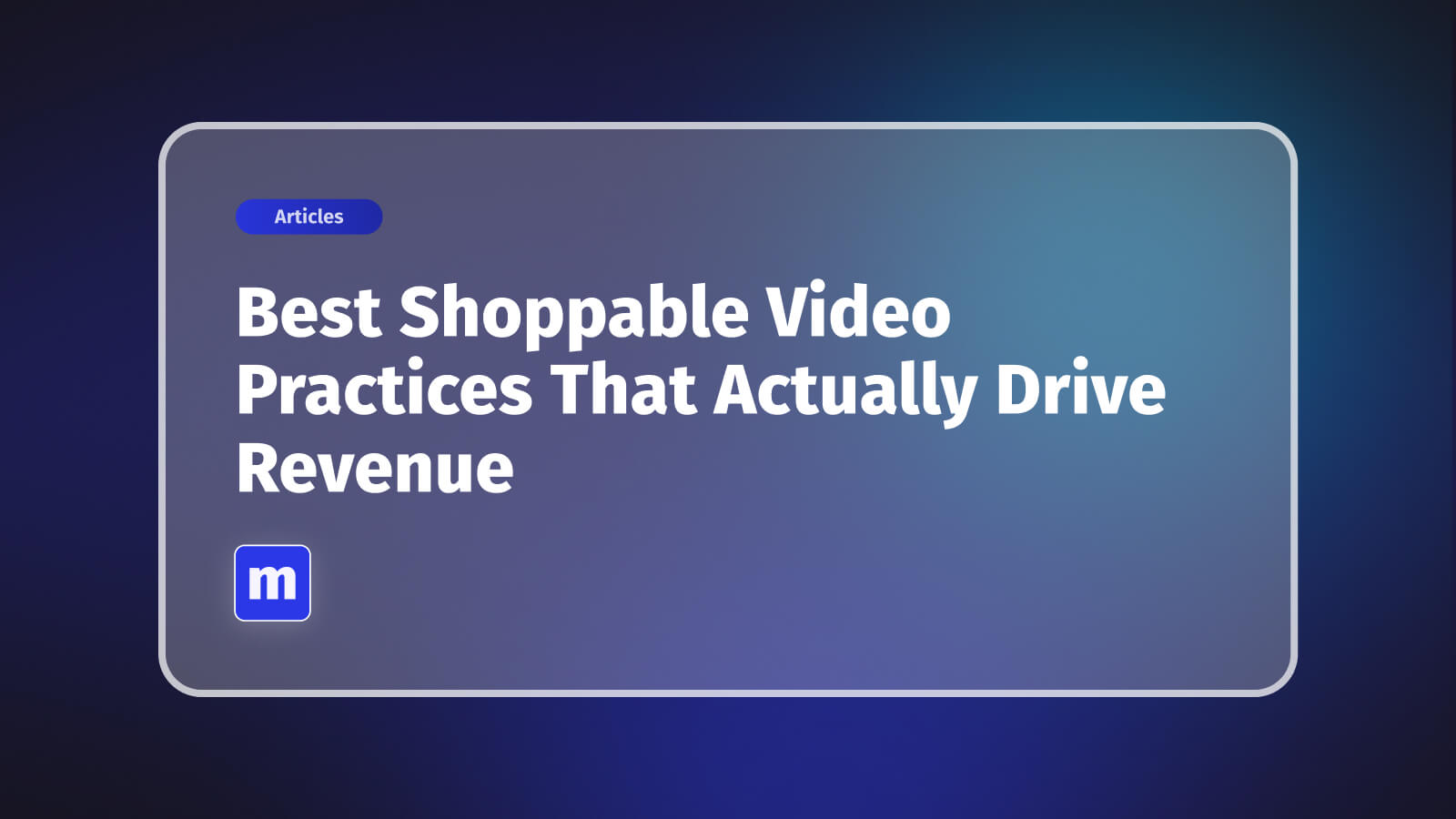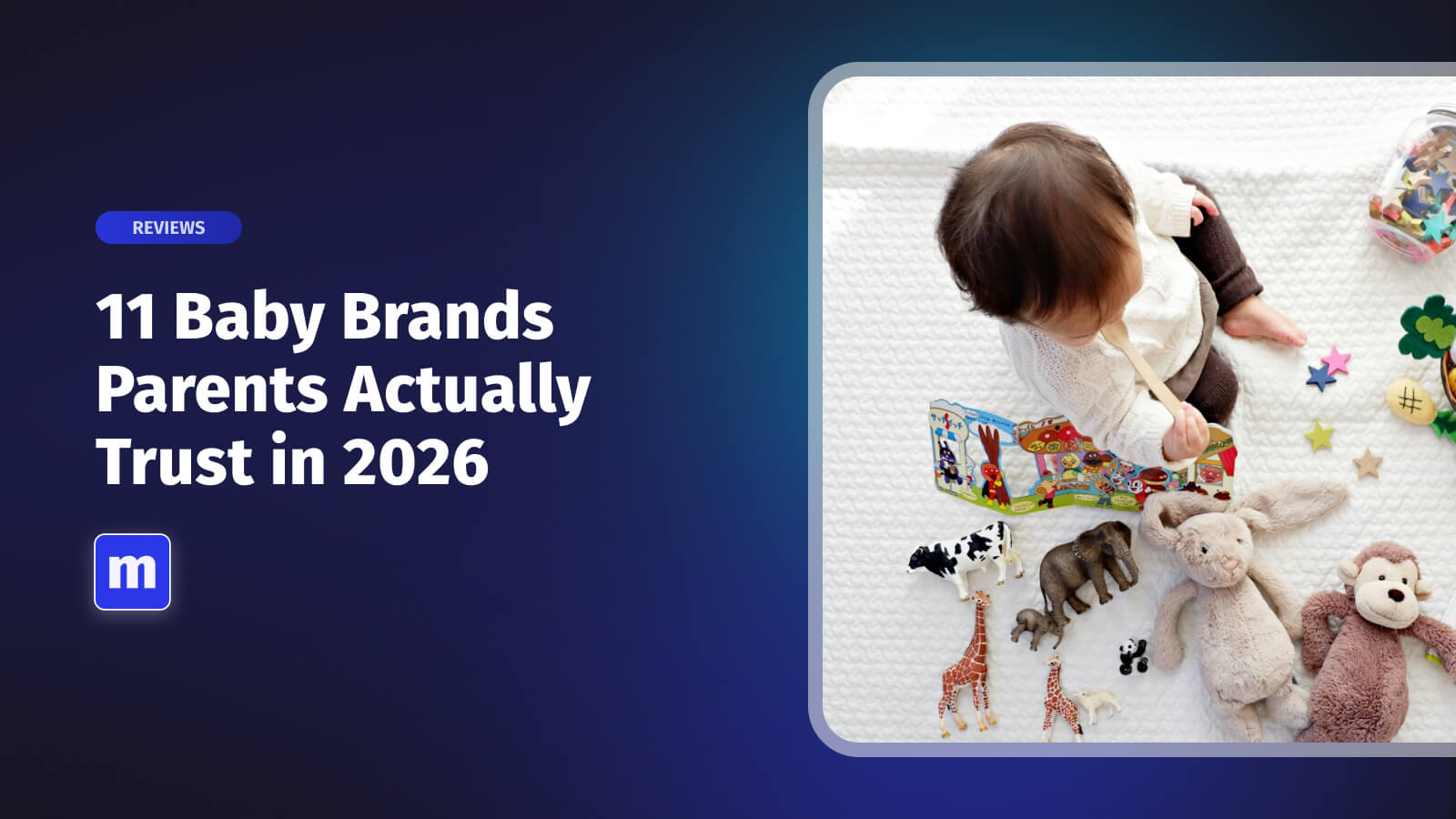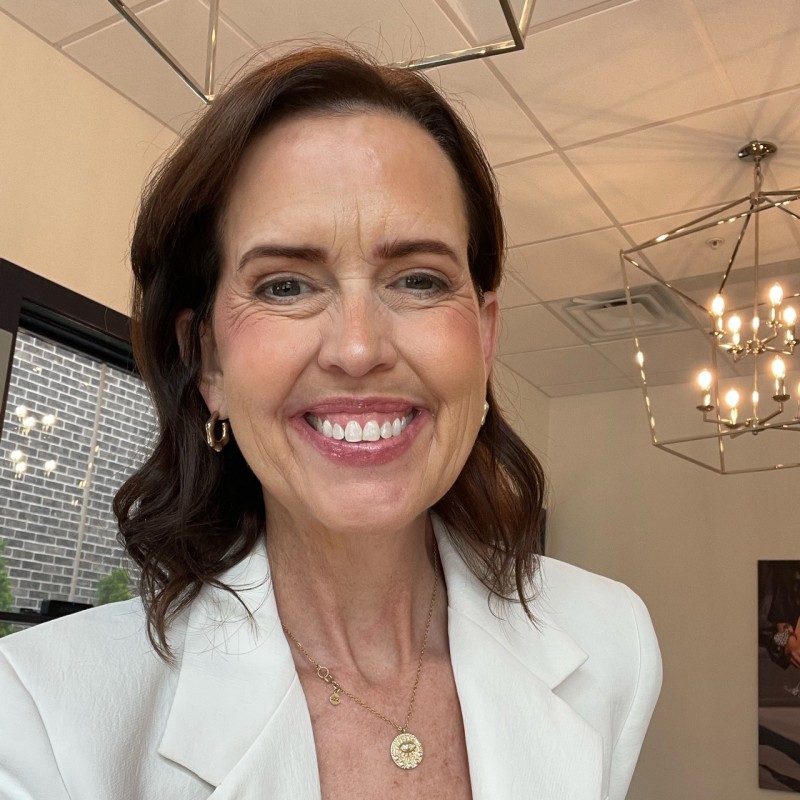
This isn’t another post about the future of retail, is it? Well, yes and no.
It’s more about addressing certain pain points in the current retail landscape, identifying how to improve them and forecasting how we see these ideas evolving.
Let’s start by identifying the context we’re referring to when we say ‘retail’. While there are many different categories, players (both big and small) and distribution channels, we’re focusing on a subset of retail shopping; the pricier products that aren’t easily purchased online.
Surprising to no one, the trend of online shopping is here to stay and, in fact, has accelerated with the onset of the horrible pandemic the world has been facing. The problem is that there is a laundry list of products that simply aren’t easily purchased online - a fact that most merchants seem to ignore while attempting to continue business as usual. Products that need to be seen, touched and experienced in person are offered on carefully crafted websites with little regard for the old way of shopping: feeling the product. Bicycles, baby strollers, eye wear... products that most people prefer to touch and feel before purchasing are now being sold exclusively online.
If a consumer is willing to make the purchase without any physical contact with the product, great! But can the process be improved? Absolutely. Improving the process is a win win for sellers and buyers: happier buyers and less returns for the merchant!
Studies show that consumers who see a product in person are less likely to return it. Amazon sets the standard for the online shopping experience and as a result, consumers have come to expect free returns (along with fast free shipping and other perks retailers need to keep up with). In fact, according to Retail Dive, consumers returned $428B worth of products last year alone. Retailers need to change systems for the sake of the environment and the bottom line.
There are several noteworthy solutions that have come about in recent years. The rise of augmented reality has led to innovative ways that enable consumers to visualize products before purchasing. However, AR is often too expensive for merchants to implement and the use cases can be unclear. There have been several much needed innovations in the clothing industry that facilitate online shopping through artificial intelligence sizing as well. Several brands have experimented with allowing customers to try their products before purchasing, but shipping back and forth ends up being very costly.
Showrooms have also grown in popularity in recent years. Many brands have shifted from traditional brick and mortar stores to nimble showrooms with emphasis on experiential shopping. Take Bose for example. Rather than opening up new stores, they’ve instead focused on opening interactive showrooms featuring makeshift living rooms offering exhilarating listening experiences. Popup shops have also skyrocketed in popularity with merchants flocking to the cost-effective idea of setting up temporary retail space. Pop-up shops are a great way to simulate the retail experience and gain valuable insights into considerations such as operations and demand without the risk of commitment and overhead. While they’re great in small quantities they simply aren't a viable option for brands looking to expand their retail footprint.
So where does that leave us?
Communities.
Brands inherently possess valuable communities through their happy customers but have yet to unlock their full potential. For the most part, the extent to which brands activate their customers and build communities around them is through Facebook groups that allow customers to interact amongst themselves. But the potential is so much greater than that. Happy customers are a brand’s army of resellers, whether they know it or not. They are more trustworthy than in-store sales clerks given the fact that they are product owners themselves. In most cases, the products they own become badges of honour and extensions of themselves. They love to show off and talk about the products they love. Tapping into this network of happy customers is extremely important for brands looking to scale.
That’s where Moast comes in.
We’re building a platform that allows brands to turn their network of happy customers into ambassadors. These customers are given the opportunity to opt into the brand’s ambassador program and get compensated for sharing their experiences with others. Through an interactive map on the brand’s website, prospective customers are able to schedule meet ups with ambassadors in their neighbourhoods.
Let’s layout some of the key benefits of integrating this system:
- Provide prospective customers with the ability to see, feel and touch products before purchasing online;
- Reduce return rates from customer’s having had a real touchpoint with the product;
- Expansion / establishment of a retail footprint, without having to open more stores resulting in significant savings.
The future of retail is omnichannel. It’s about being there for your customers and giving them the convenience to shop the way they prefer to shop. It’s about collaborating with your existing customers, giving them the opportunity to truly embrace your product and be rewarded for it.
Moast helps brands establish a distributed retail network by turning their best customers into a community of brand ambassadors.
Related content
Turn your social content into a revenue channel
Turn your TikToks and Reels into shoppable videos and boost conversions by 3.5x.













